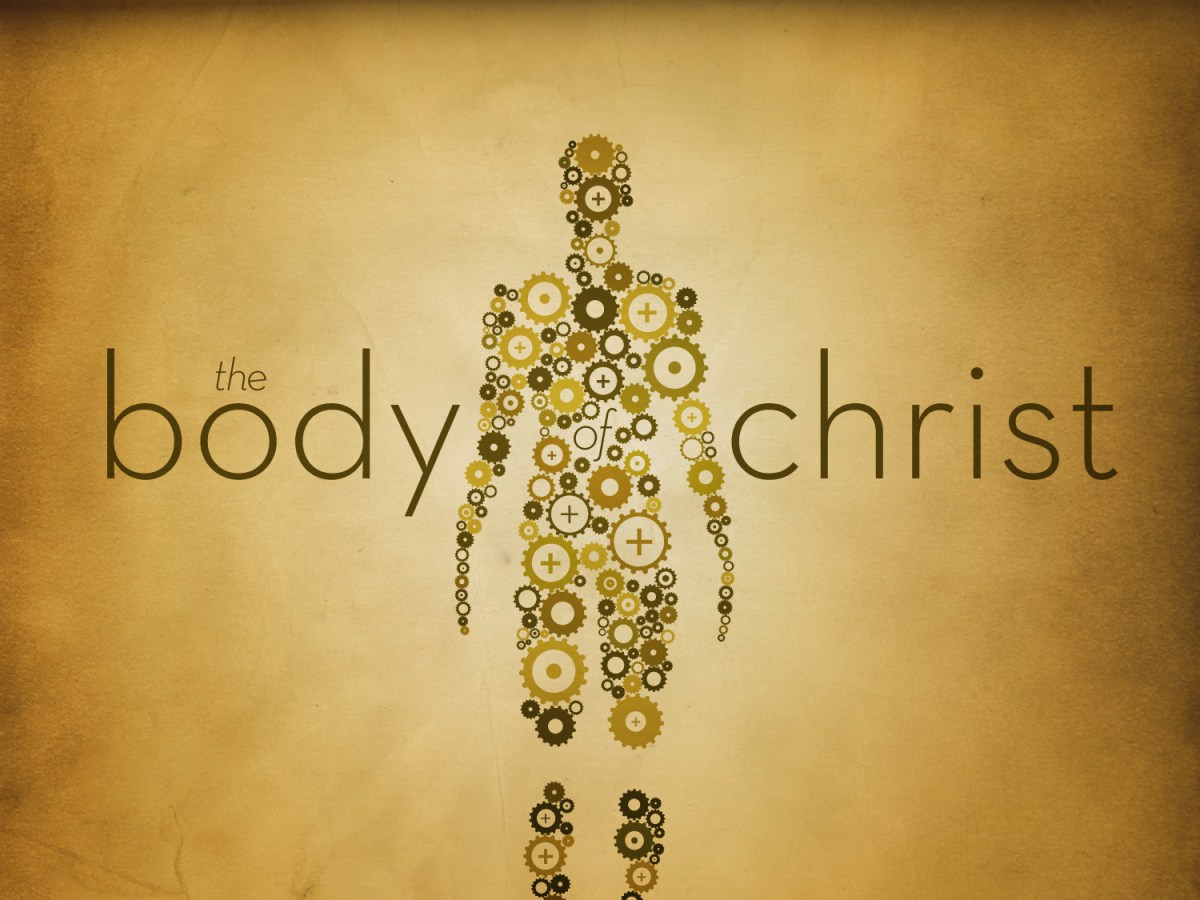
It’s a new year. This time, I’ll lose that excess weight and keep it off!
Right?
Okay, so I haven’t been focusing on my health this year, but I have been attending to it.
I was on my way to meet a friend for tacos yesterday and thinking about whether to get a salad or some other sad taco substitute. Then it occurred to me: Common people in Mexico don’t have weight problems and they subsist on tortillas. I concluded that eating tacos was a Christlike thing to do.
I know. I know. Convenient, isn’t it?
Hear me out.
I’ve struggled my entire Christian life to apply the gospel to my eating. Like many people, I’ve had a few victories in the battle of the bulge, but even more defeats. I just don’t have the resources personally to reach ultimate victory. I need the power of God to save me and that power is the gospel.
But what does the gospel teach regarding the care of our physical bodies?
Jesus had a body, but he doesn’t offer any impetus for concern over the way our bodies look. In fact, we only have this kind of description of his appearance:
…his appearance was so disfigured beyond that of any human being
and his form marred beyond human likeness… (Isaiah 52:14b)He had no beauty or majesty to attract us to him,
nothing in his appearance that we should desire him. (Isaiah 53:2b)
We live in a culture so egotistical that vanity has become a virtue. We can cut someone down with our words or ignore suffering around us without so much as a tinge of conscience, but we’ll be mortified by a candid photo that reveals our fat rolls.
Yes, the gospel does speak to our physical appearance. It says, “Stop thinking about it.”
I can hear the justifications now: “I’m not worried about how I look. I just want to be healthy.”
Great. According to the gospel, Christ offered his body to be destroyed for the sake of the world. Talk about bad stewardship!
Someone might argue that Jesus’ circumstance was unique and the rest of us should try to be as healthy as we can. Paul didn’t agree:
For we who are alive are always being given over to death for Jesus’ sake, so that his life may also be revealed in our mortal body. So then, death is at work in us, but life is at work in you.
Therefore we do not lose heart. Though outwardly we are wasting away, yet inwardly we are being renewed day by day. (2 Cor. 4:11-12, 16)
I’m not saying that we should all go and seek martyrdom (though it should probably be more common than it is). I’m demonstrating the trouble I’ve had finding motivation from within the gospel to lose weight or eat healthy. Instead, these goals/obsessions run contrary to the message about Christ.
As I discovered on my taco run, though, the gospel does speak to what and how we should eat. Here are some things which the gospel is telling me about food:
- Eat cheap, readily available, calorie dense food most of the time. When eating becomes expensive, inconvenient, or complicated it draws resources away from the higher purpose of our life. We take money which we could invest in kingdom causes or give to the poor (who aren’t eating organic) to buy unreasonably expensive items which haven’t even been clinically proven to improve health. We draw our already taxed attention to study diets or plan elaborate menus rather than focusing our mind’s eye on Christ through reading and contemplation. We take time that could be invested in relationship to shop, prep, and cook stuff we don’t even like.
- Enjoy good food. Even splurge on occasion. When our kids were smaller, I used to enjoy watching my daughter in the rearview mirror as she watched a movie on the van’s DVD player. Something about seeing her amused face brought me such joy. God is our Father and he loves us way more than I love my daughter. He enjoys our enjoyment. As someone that grew up without a dad, that’s been a hard truth for me to grasp. I always thought of God more as a boss who only valued me when I performed. In more recent years, I’ve come to apply the gospel to my life not only in self-sacrifice but through enjoyment of his good gifts.
- Learn to be in want. The gospel teaches that we’re more than our physical bodies. Our bodies sometimes need physical reminders of this fact. Christ told the Pharisees that after he had left the earth his disciples would fast.* Do we? Are we trying to make him look like a liar? When Christ ascended to the heavens, he took our hope with him to keep on deposit. This world in its present form isn’t our home. We long for his return at which time we’ll celebrate in the “Messianic Banquet.”** When we fast, we remind ourselves that we’ve not yet arrived and that our master is Christ, not our stomachs.
- Do more than eat when you eat. I’m not talking about eating in front of the television. I’m talking about seeing food as a means to spiritual enrichment. Just as fasting reminds us that the Messianic Banquet is yet to come. Eating with other believers reminds us that it is coming. I’ll be candid on this score: elective dietary restrictions hamper community. When an individual either abstains from table fellowship or forces everyone to abide by their weight loss protocols, that’s a violation of the gospel. Empty yourself and fill up your plate. It’s literally what Jesus did.***
- Be thankful, not greedy. The gospel makes us eternal debtors to God. The first instinct of the redeemed should be overflowing gratitude. As redeemed people, we live in a state of grace. In Greek, that’s “charis,” which is also translated, “gift.” Everyone who belongs to Christ moves through a medium of God’s generosity. Thankfulness must be our de facto posture if we are to properly comport ourselves in divine society. Thankfulness and greed can’t cohabit in our hearts. Thankful people assess high value onto what they’ve received. Greedy people discount what they have, in pursuit of what more they want. I’m not overweight because I have a sweet tooth, or because I eat fast food. I’m overweight because I over eat. I over eat because I don’t stop to appreciate my food. We need to do more than give thanks before meals. We need to remain thankful for each bite. Rather than presume on God’s generosity, we need to stop and give thanks when we’ve had enough.
That’s my list of gospel dietary directives. Like the gospel, they’re counter cultural. Like the gospel, they’re paradoxical. That’s as it should be. We mustn’t see our faith as motivation to win at the world’s game. Faith puts us on an entirely different playing field where we’re always more than conquerors.
This new year, I resolve not to worry about losing weight or even getting healthy. I resolve to glorify God in everything including the way I eat.

